WHO WE’RE FIGHTING FOR
Meet the families who are raising their voice and sharing their stories to help protect all babies.
RSV STORIES
Get inspired by the stories from other families who were impacted by RSV.

When one of Kate’s twins got sick with RSV, she soon discovered that all children are at risk of RSV – not just those born prematurely or with underlying conditions.

Despite Rebecca’s best efforts to shield her prematurely born daughter from RSV, a hospital stay for RSV was all but inevitable.
RSV FAST FACTS
RSV is a highly contagious virus that can lead to respiratory illness in babies, including lung infections such as bronchiolitis and pneumonia.
Mild symptoms may include a runny nose, sneezing, and coughing, while severe symptoms can include wheezing and difficulty breathing.
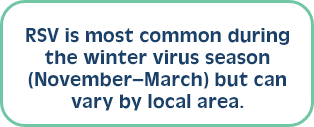
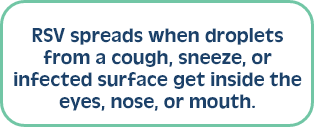
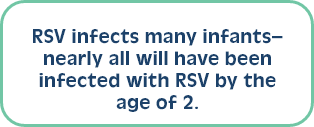
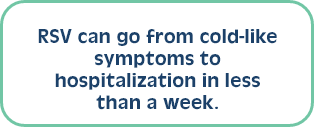
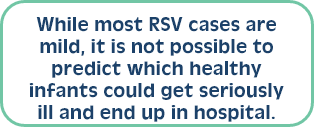
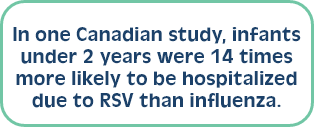
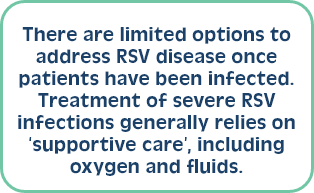
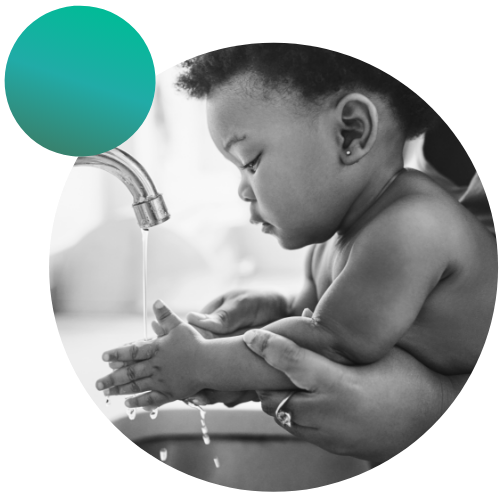
RSV SAFETY
Let’s take control and do our part to help protect ALL babies from RSV by:
- Practicing frequent hand washing.
- Disinfecting toys and surfaces.
- Avoiding close contact with those who are ill.
- Talking with your doctor about preventative options that can help protect your child from RSV.
Through resources, education, preventative measures, and raising our voices to help Rally Against RSV, we can grow awareness and understanding of RSV.
%20x3.png)
.png)



